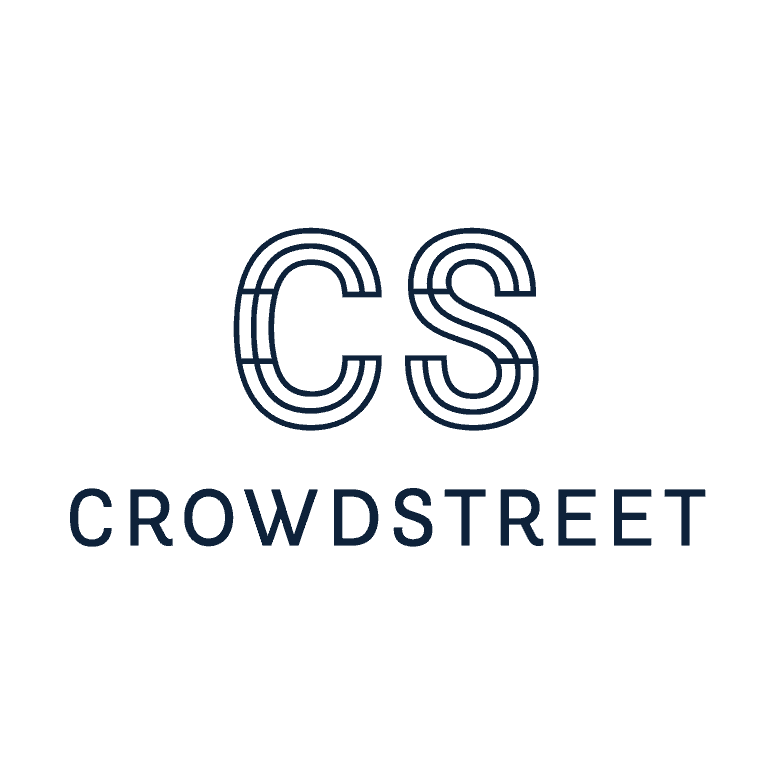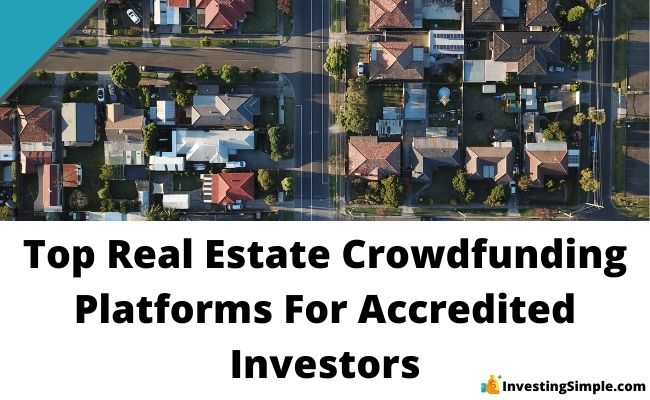





In the rapidly shifting landscape of 2025, real estate remains a key wealth-building asset, but today’s accredited investors have access to more options—and more data—than ever before. The crowdfunding boom, which once democratized access, has matured into a sector with growing regulatory scrutiny, sophisticated technology, and heightened expectations for transparency. Amidst this, the best platforms have stood out by offering robust due diligence, improved investor education, and a wider array of opportunities—from commercial properties to farmland and even ESG-focused deals.
However, recent years have also seen high-profile losses and increased volatility, particularly in commercial real estate. Investors must approach with both optimism and caution, focusing on platforms that prioritize experience, regulatory compliance, and clear communication. This guide highlights the leading real estate investing platforms for accredited investors in 2025, updated with the latest insights, minimums, performance, and risks.
Accredited investors are the primary beneficiaries of the most sophisticated—and potentially rewarding—real estate crowdfunding opportunities. While traditional definitions still apply (individuals with an annual income over $200,000, or $300,000 for couples, or a net worth exceeding $1 million excluding primary residence), the SEC has explored expanded criteria in recent years—including licensed professionals and knowledgeable employees of private funds—though the core requirements remain largely unchanged as of 2025.
Expanding these definitions could widen access, but for now, accredited status is still your gateway to direct deals in private real estate funds, opportunity zones, and other alternative asset classes.
While the platforms mentioned here are market leaders, real estate crowdfunding is not without risk. Recent sector volatility—such as value drops in some non-traded REITs and a handful of platform controversies—means investors should expect illiquidity, varied holding periods (often 3–10 years), and the potential for losses. Fees can also erode returns, and regulatory protections are limited compared to public markets. Always conduct independent due diligence on every platform, every deal, and every sponsor.
Now, let’s dive into the top real estate platforms for accredited investors in 2025, with clear, data-driven details and actionable insights.
| Platform | Best For | Minimum Investment | Key Offerings | Notable Fees |
|---|---|---|---|---|
| Fundrise | New & Diversified Investors | $10 (but $1,000+ for institutional-grade funds) | Residential, multifamily, industrial; also venture capital and private credit | 0.15% annual advisor fee 0.85% upper range |
| EquityMultiple | Hands-On Accredited Investors | $5,000–$30,000 | Equity, preferred equity, senior debt across commercial real estate | 0.5–1.5% on equity investments |
| CrowdStreet | Experienced, High-Net-Worth | $25,000 | Single deals & diversified funds; institutional-grade commercial real estate | Performance, setup, and management fees vary |
| RealtyMogul | Income-Focused Accredited Investors | $5,000–$25,000+ (varies by offering) | Public REITs, private placements, opportunity zones | Up to 3% organizational/offering costs; 1–1.25% asset management fee |

Fundrise has become a standout for both accredited and non-accredited investors, but its institutional-grade funds—offering deeper access and enhanced features—are particularly appealing to those with accredited status. With a platform-wide deployment of over $1 billion annually, Fundrise ranks among the largest real estate private equity managers globally.
Investors can choose among real estate, venture capital, and private credit funds. The flagship real estate offering includes built-to-rent single-family homes, multifamily apartments, and industrial assets, while the private equity income fund extends credit to residential developers, primarily in the Sunbelt.
Performance: From 2018–2024, Fundrise reported average annual returns of 6.87% for advisory client accounts. Returns have been less volatile than public REITs, but 2023 saw a 7.5% drop in NAV—a reminder of the sector’s risks. Quarterly liquidity is offered, but redemptions are not guaranteed.
Pros: Accessible to all investors, ultra-low minimums, transparent platform, IRA options, BBB-accredited with A+ rating.
Cons: Lower returns than some peers, no phone support, limited flexibility on individual deal selection, not available internationally.

EquityMultiple remains a top choice for accredited investors seeking direct access to professionally managed commercial real estate deals—spanning office, retail, multifamily, and industrial sectors. The platform is especially known for its transparent deal structures and experienced investment team.
You can invest in equity, preferred equity, or senior debt positions, with minimums as low as $5,000 (and up to $30,000 depending on the project). Historically, net returns have averaged 17%, though as with all private real estate, results vary by deal and vintage, and past performance is no guarantee of future results. Investment holds are typically multi-year, and liquidity is limited.
EquityMultiple is currently only available to accredited investors, though the platform has signaled interest in expanding access in the future.

CrowdStreet is an established online marketplace for accredited investors interested in pre-vetted, institutional-quality commercial real estate opportunities. The platform emphasizes transparency, offering extensive project details, sponsor backgrounds, and investment strategies.
You can invest directly in individual properties or choose from CrowdStreet’s diversified funds—the latter offering more passive exposure with lower minimums. Most deals require a $25,000 minimum, with an average hold period of 3–5 years. Because of the illiquid nature of these investments, CrowdStreet is best suited for those with substantial capital and a long-term horizon.
Pros: High-quality deal flow, advanced analytics, robust investor education, diversified fund offerings.
Cons: High minimums, limited liquidity, no support for non-accredited investors, and recent headlines have highlighted risks—including some projects that underperformed or faced sponsor defaults. These underscore the need for rigorous due diligence.

RealtyMogul has evolved from a pioneer into a mainstay, serving both accredited and non-accredited investors—though accredited investors enjoy access to exclusive private placement deals in addition to public REITs. The platform’s public REITs, like the Income REIT (monthly dividends) and Apartment Growth REIT (growth + dividends), offer lower minimums and more liquidity, but accredited investors gain access to single-asset or small portfolio deals with potentially higher returns.
Minimums for private deals typically start at $5,000 for non-accredited and $25,000 for accredited investors, with fees up to 3% for organization/offering costs plus ongoing asset management fees of 1–1.25%.
Pros: Broad portfolio, established track record, strong customer support, access to opportunity zone investments.
Cons: Complex fee structure, some offerings have high minimums, returns can vary widely by deal, and recent market volatility has impacted some assets.

AcreTrader stands apart by offering shares in farmland—a sector historically uncorrelated with traditional real estate. The platform vets and acquires prime farmland, placing it into LLCs that investors can buy into, with expected returns of 3–5% annually from land appreciation and rental income. Minimum investments typically range from $8,000 to $20,000, and holds are usually 5–10 years. AcreTrader maintains a BBB-accredited, A+ rating and has a rigorous selection process—less than 5% of evaluated parcels make the cut.
While niche, AcreTrader provides diversification for accredited investors seeking alternative real assets. However, farmland is illiquid, and returns are modest compared to higher-risk commercial deals.
Technology—especially AI—continues to transform due diligence, deal sourcing, and risk assessment in real estate crowdfunding. Some platforms now highlight ESG (Environmental, Social, Governance) criteria, appealing to investors who prioritize sustainability alongside returns.
Despite these advances, the space remains dynamic and occasionally volatile. High-profile losses in 2023 and 2024 serve as reminders that even top platforms are not immune to market forces, sponsor missteps, or broader economic headwinds. Investors should approach with cautious optimism, diversify holdings, and always, always perform independent due diligence.
The real estate crowdfunding landscape in 2025 is more mature, more transparent, and more competitive than ever. Accredited investors have an array of tools to build wealth, but success depends on vigilance, patience, and a commitment to continuous education.